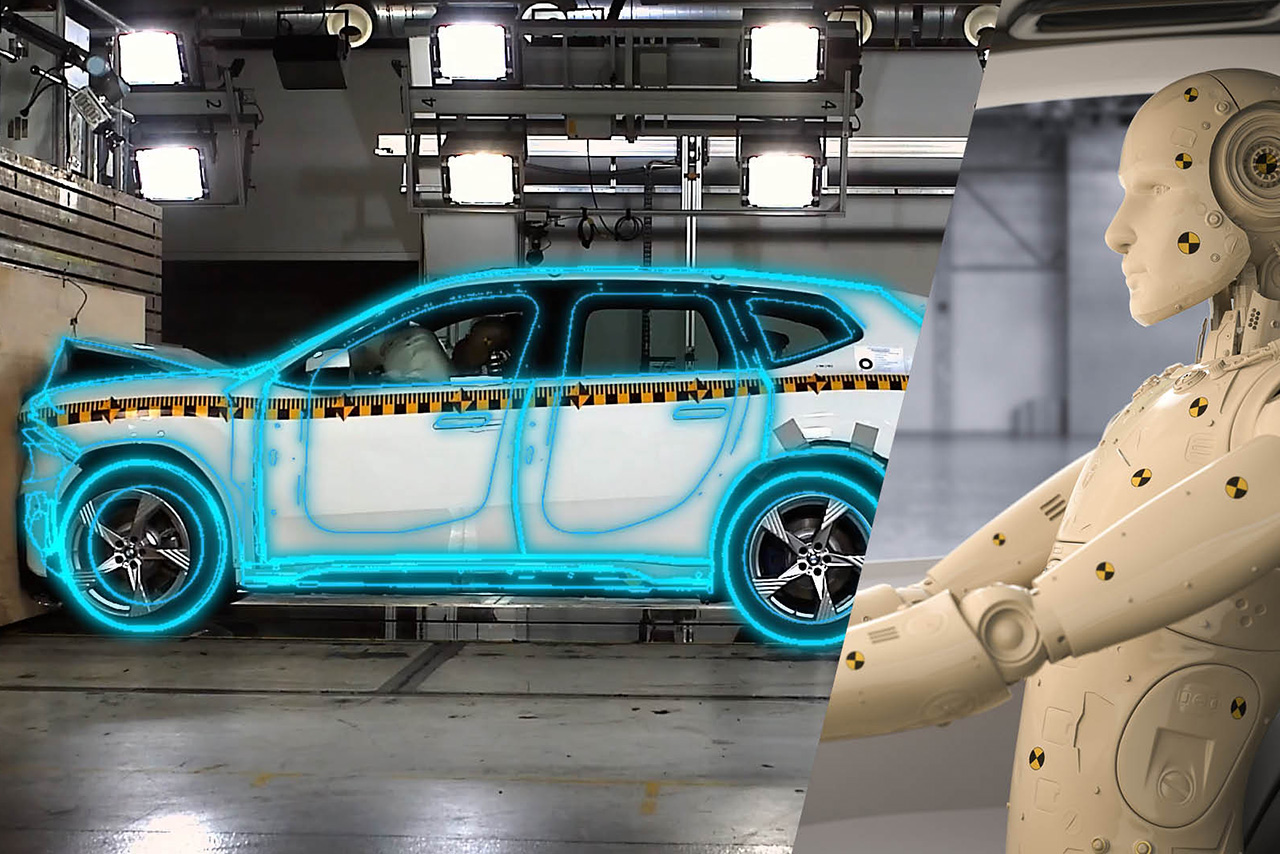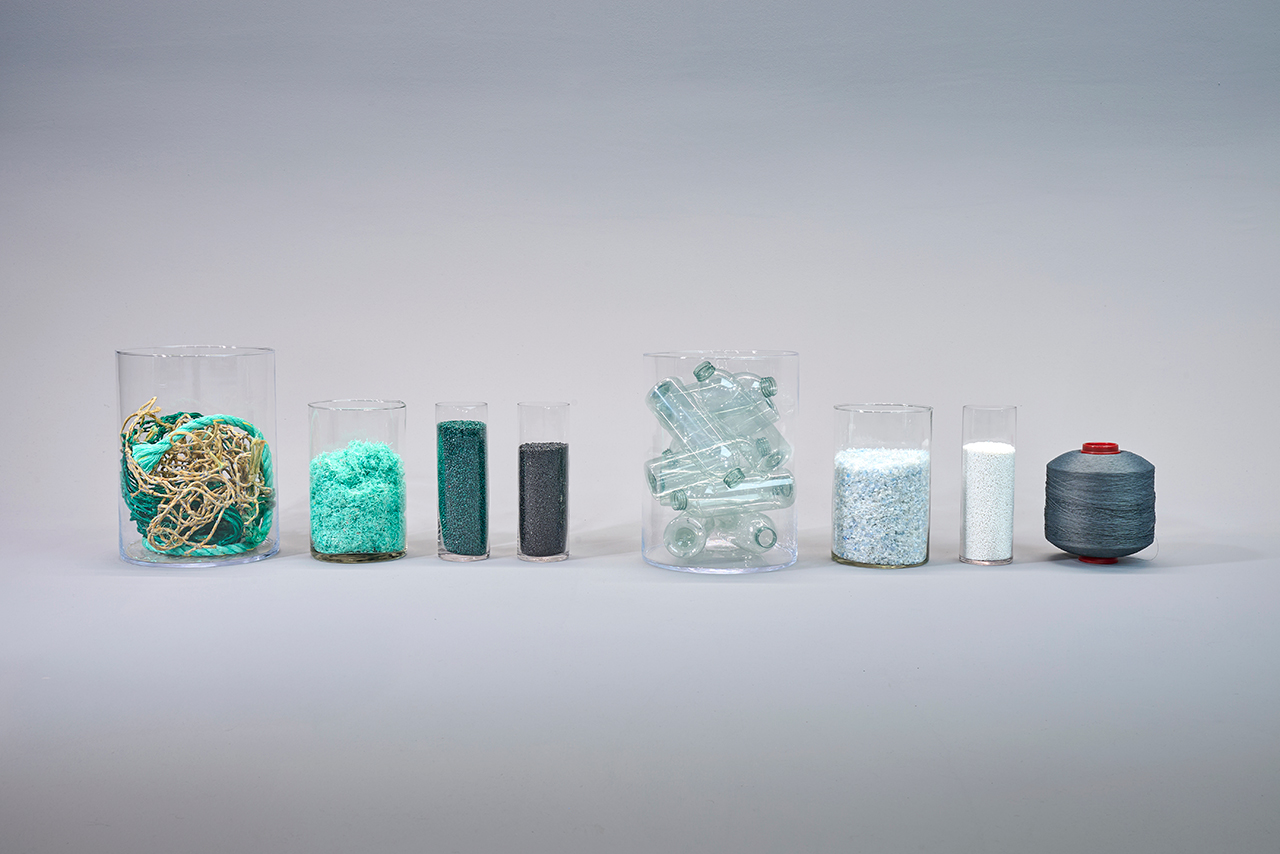Shaping future mobility by staying one step ahead is key to our company philosophy – and it’s the reason we work tirelessly to find progressive solutions for the challenges of tomorrow, today. Innovation is built into the foundation of our company, the driving force behind every idea. Our partnerships and cross-sector collaborations, both within the automotive industry and beyond, make us a pioneer in innovation.
Innovation - setting our sights on the future.
Drive Technologies.
Research into new drive technologies is one of our top priorities. Future mobility lies in the optimisation and development of drive technologies. And that’s why hydrogen is so important. Over the coming years, our strategic focus will be mainly on electric mobility – specifically on the Neue Klasse.


Artificial Intelligence.
Artificial intelligence offers unprecedented opportunities for smart data processing and enhancing the quality of our processes. At the BMW Group, we see AI as integral to the digital transformation, and we actively carry out research in different fields into how it can be used and improved. As we do so, our focus throughout is on legal and ethical issues, ensuring the new technology is used responsibly.
Automated Driving.
Modern driving is connected, technologically advanced and increasingly automated. With the help of smart systems, vehicles adapt to the driver and their needs while also enhancing safety. New features and technologies are currently being developed for the five levels of autonomous driving, with levels 1 to 3 already available in BMW models. Supported by AI and machine learning, we continue to work on new technologies that will expand and advance autonomous driving.


Connected Car.
The BMW Group is advancing vehicle connectivity – with Connected Car. Closely entwined, mobility and the digital world are formative to the driving experience of today. The possibilities of the Connected Car and its interplay between hardware and software will set the stage for autonomous cars of the future. From infotainment to entertainment, every aspect of the car is connected.
BMW Open Innovation.
The BMW Open Innovation connects start-ups, research, and internal ideas to jointly develop visionary mobility solutions. With programs such as Incubator, Startup Garage, and Crowd Innovation, we promote projects for today and tomorrow.
















